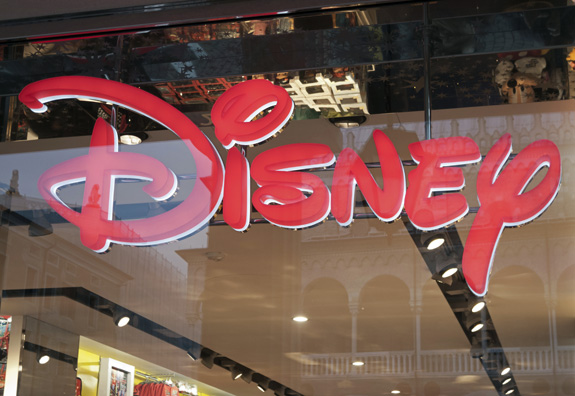Disney Urged To Include Characters With Disabilities

An online petition with more than 31,000 signatures is asking Disney to include characters with Down syndrome in its animated films. (Thinkstock)
In the history of human storytelling, the flawed hero is as old as the story of Achilles that the ancient Greeks once told one another on the Acropolis hillside.
In more modern times, though, and especially writ large on the silver screen, animated films have, for the most part, focused on heroic characters of outward and inner strength – and, of course, fair young women of noble beauty.
Such characters might easily provide role models for the vast majority of youngsters who flock to the weekend matinees in search of escape and entertainment. Yet not all children are fortunate enough to view the Cinderellas, Little Mermaids and Belles and see in them a familiarity in which to aspire.
Advertisement - Continue Reading Below
Now, the mother of a child who has Down syndrome wants her favorite animated studio to do something to address this shortcoming and is collecting signatures for a petition that she will present to The Walt Disney Co. at the end of the month, asking the studio to create animated films that will show characters with Down syndrome as role models.
Keston Ott-Dahl is a California mother of a 15-month-old daughter, Delaney Skye, who has Down syndrome and who loves to watch Disney animated films. Despite her daughter’s love of “Frozen” and other Disney films, though, Ott-Dahl says her child has no real Disney role models to which she can relate. That could change, she says, if only Disney would show more characters like her daughter.
“Disney has done such a great job inspiring children, generation after generation, to be good people,” says Ott-Dahl. “They are in a unique position to directly change the way future generations and societies view people with Down syndrome.”
Disney, she said, can do more than just create role models for fans who have Down syndrome. The company, she said, can create positive change for all youngsters.
“As Disney portrays people [with Down syndrome], they can teach future generations to be more compassionate and more accepting and unjudgmental of kids who are not like them,” Ott-Dahl said.
The petition started by Ott-Dahl, who calls herself “a huge Disney advocate and Disney fan,” has so far collected over 31,000 signatures. She’ll continue to collect more signatures for the petition throughout the month, which has been designated “Down Syndrome Awareness Month.”
Ott-Dahl said Disney’s “The Hunchback of Notre Dame,” released 18 years ago, is one of the few representations of a character with disabilities in a Disney animated film. There are others, such as Nemo in the Disney-Pixar hit “Finding Nemo.” And even Princess Elsa can be argued to have a disability, too, what with that whole everything-she-touches-turns-to-ice thing going on.
Still, Ott-Dahl said, in an age and a medium in which appearances are tantamount, those character traits in Disney animated films are not the same as showing a character with the telltale physical signs of Down syndrome.
Speaking about the flawed character Elsa in “Frozen,” she said, “When kids are growing up and seeing these characters, they’re not thinking of a classmate with Down syndrome. They’re seeing a beautiful princess.”
And, she said, such realities have real-world effects that transcend the inspirational dreams of youngsters who are looking for heroes on the silver screen. After all, with a lack of societal awareness can come ignorance, and with ignorance can come the very real effect of bullying for many youngsters who have Down syndrome.
Should a Disney film one day show a heroic character with Down syndrome rising above their condition in ways in which all filmgoers could relate, it just might go a long way toward reducing some of the on-campus bullying that attends the topic of Down syndrome in schools today, she said.
“I would love for Disney to make in their animated films … heroes, princes and princesses of all abilities,” she said, “so people like Delaney will feel included and more people with have compassion.”
Read more stories like this one. Sign up for Disability Scoop's free email newsletter to get the latest developmental disability news sent straight to your inbox.


